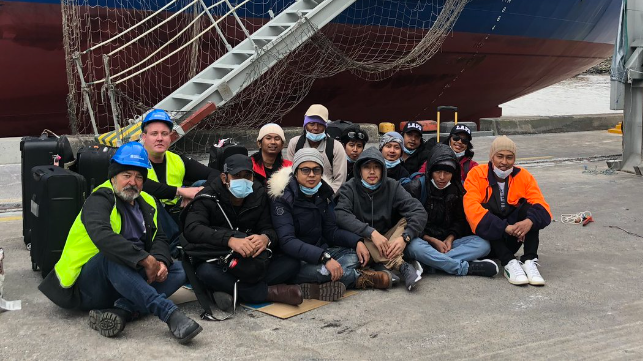SRI: UN Seafarers' Rights Initiative Must be Backed up by Enforcement

Seafarers' Rights International (SRI), the maritime legal research organization based in London, is warning that unscrupulous vessel operators could avoid compliance and attempt to undercut the competition if maritime human rights standards are not properly enforced.
"The COVID-19 crisis has brought out the very best and the worst of the maritime industry," said Deirdre Fitzpatrick, Executive Director of SRI. "We have seen many shipping companies go well beyond the mark to support their seafarers. But as we know, there is always a minority who seek to exploit any situation and who compete unfairly with the rest of the industry. It is these rogue operators who will not have the new toolkit top of their reading list and who must not be allowed to escape the standards."
A coalition of UN agencies - the United Nations Global Compact, UN Human Rights Office, International Labour Organization and International Maritime Organization - have formulated a new "human rights due diligence checklist," which they are providing to cargo owners and charterers. The UN checklist - dubbed the Human Rights Due Diligence Tool - covers crew changes, physical and mental health care and working conditions for crew members at sea. It is particularly intended to help shippers conduct due diligence on the seafarers' rights issues that have arisen during the COVID-19 pandemic.

that matters most
Get the latest maritime news delivered to your inbox daily.
Amid growing fears of a new escalation of the humanitarian crisis facing seafarers, SRI applauded the checklist initiative and urged all cargo owners and charterers to support it. However, SRI warned, rogue operators may still benefit from the exploitation of their crews without proper enforcement of the standards.
"Enforcement is essential to the success of this initiative," said Fitzpatrick. "Whilst we can always hope that voluntary standards are followed, there needs also to be a commitment to address how these standards can be enforced. Here there is a critical role to be played by the industry, by workers and their organizations, and by the [IMO member states] themselves."
